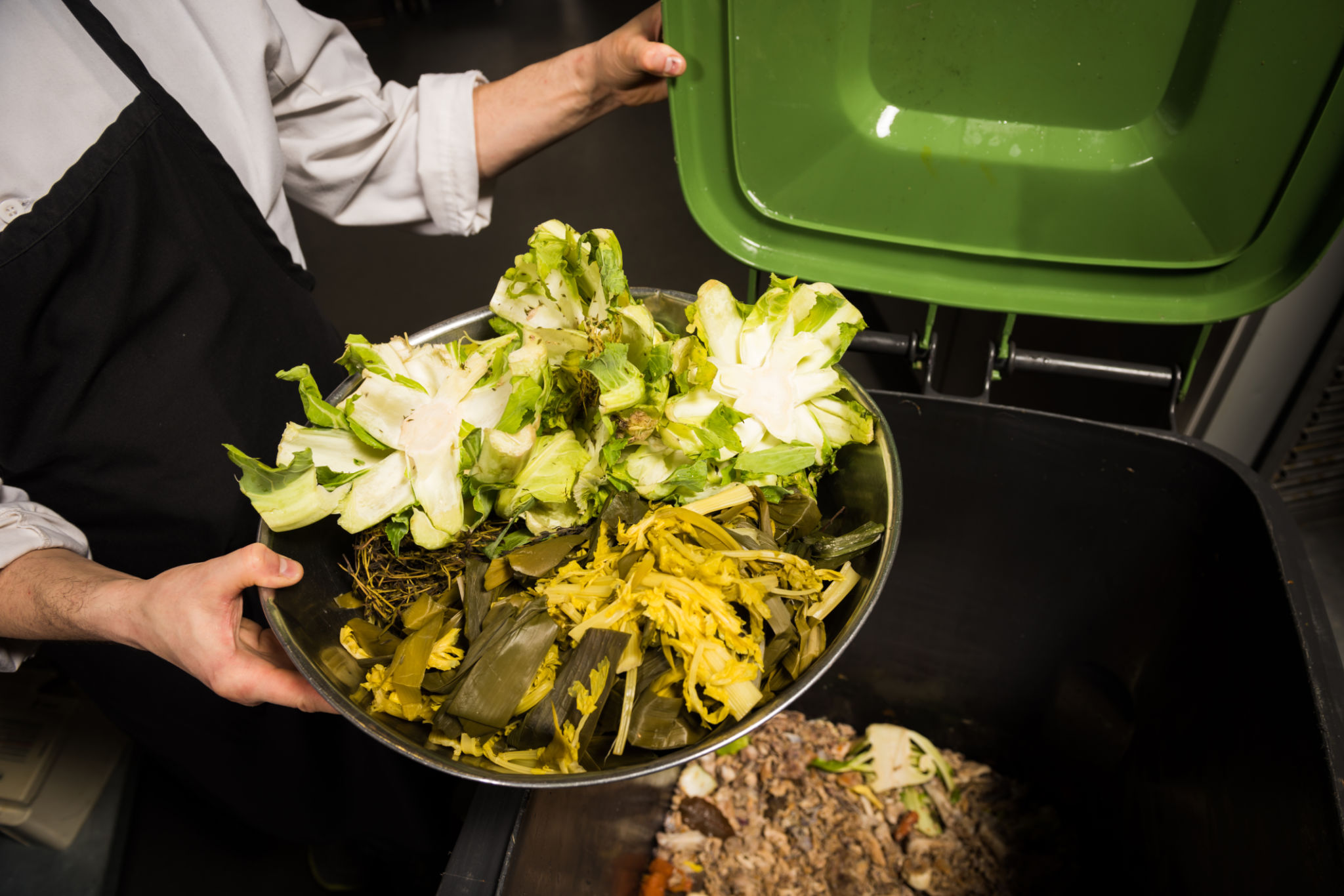Eco-Friendly Event Planning Solutions in NJ: A Sustainable Approach
Understanding the Importance of Eco-Friendly Event Planning
In recent years, there has been a significant shift towards sustainability across various industries, and event planning is no exception. Eco-friendly event planning is not just a trend; it’s a crucial step towards reducing the environmental impact of gatherings. Whether it's a corporate event, wedding, or community function, making sustainable choices can significantly reduce waste and carbon footprints.
New Jersey, with its vibrant community and diverse locations, offers numerous opportunities for hosting events. By adopting eco-friendly practices, event planners in NJ can contribute to a healthier planet while still providing memorable experiences for attendees. From selecting sustainable venues to using digital invitations, there are countless strategies to make events greener.

Sustainable Venue Selection
One of the first steps in planning an eco-friendly event is choosing the right venue. Many venues in New Jersey are now offering sustainable options, such as energy-efficient lighting, solar power, and waste reduction programs. Opting for a venue with these features can drastically cut down the environmental impact of an event.
When selecting a venue, it's also essential to consider its location. Choosing a venue that is easily accessible by public transportation or within walking distance for most attendees can reduce the carbon emissions associated with travel. Additionally, venues that offer on-site recycling and composting facilities further support sustainability goals.
Eco-Conscious Catering Choices
Catering is another significant aspect where event planners can make sustainable choices. Opting for local, organic, and seasonal produce not only supports local farmers but also reduces the carbon footprint associated with long-distance food transportation. Many caterers in NJ specialize in eco-friendly menus that minimize waste and prioritize locally sourced ingredients.
Consider introducing plant-based menu options, which generally have a lower environmental impact than meat-heavy dishes. Additionally, using reusable or biodegradable dishware and utensils can significantly cut down on waste generated during events.

Green Decor and Event Materials
Decorations play a vital role in setting the ambiance of an event, but they can also be a source of waste. Opting for reusable decorations or items made from recycled materials can make a big difference. For example, potted plants or flowers from local nurseries can serve as both decor and gifts for guests to take home.
Printing materials like invitations and programs can be minimized by using digital alternatives. When printing is necessary, opting for recycled paper and soy-based inks can reduce the environmental impact. Encouraging guests to RSVP digitally also helps reduce paper waste.
Transportation and Accommodation
Encouraging sustainable transportation options for guests is another way to make events more eco-friendly. Providing information on public transit routes or organizing carpooling options can help reduce emissions. For events with out-of-town guests, partnering with hotels that practice sustainability can further enhance an event's eco-friendly credentials.

Measuring and Offsetting Carbon Footprint
To truly understand the environmental impact of an event, measuring its carbon footprint is crucial. There are various tools available that can help planners calculate emissions from travel, energy use, and waste. Once the carbon footprint is determined, planners can explore options to offset these emissions through programs that support renewable energy or reforestation projects.
By actively measuring and offsetting carbon emissions, event planners not only demonstrate their commitment to sustainability but also educate attendees on the importance of reducing environmental impact.
In conclusion, eco-friendly event planning in New Jersey is both achievable and essential. By making conscious choices throughout the planning process, event organizers can create memorable experiences that align with sustainable values and contribute to a healthier planet.